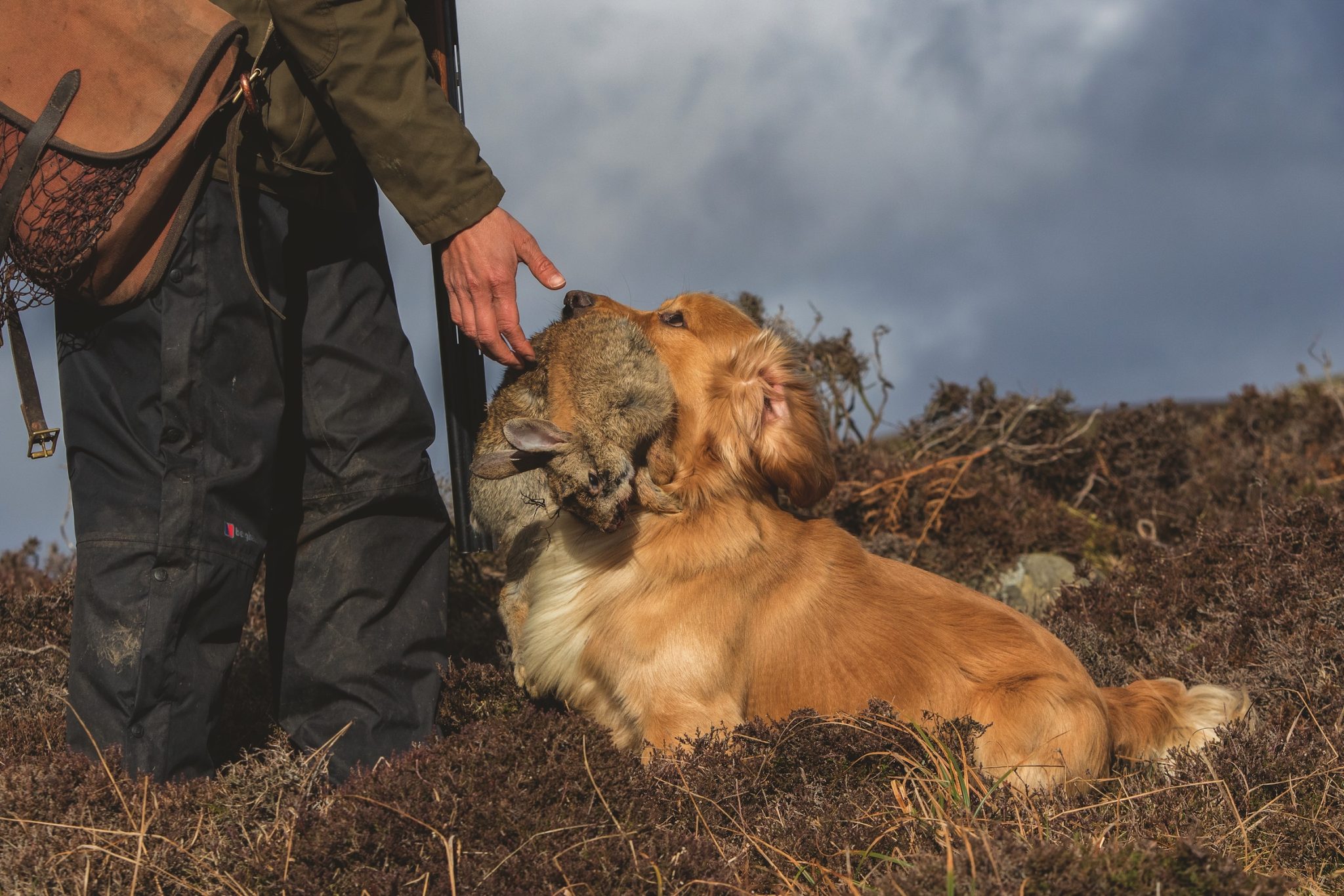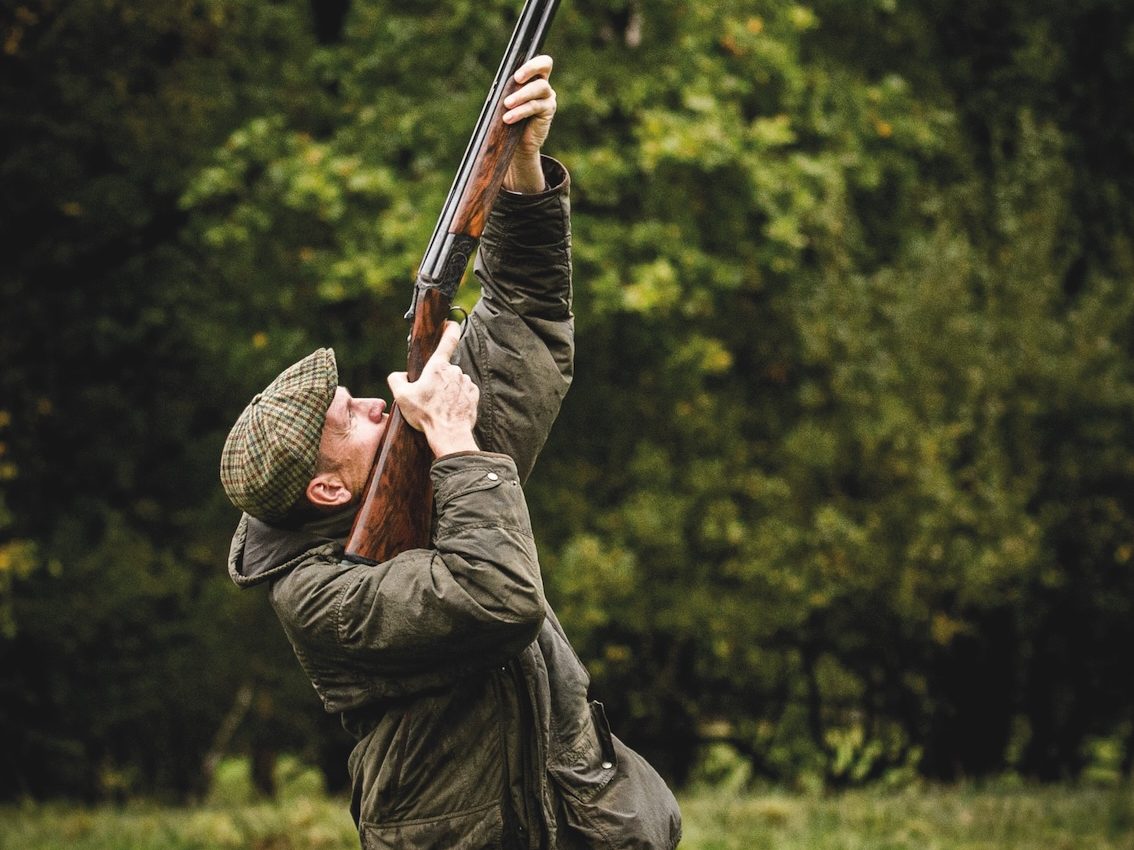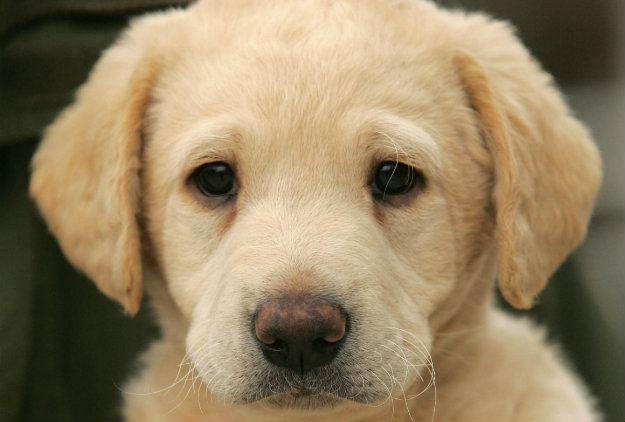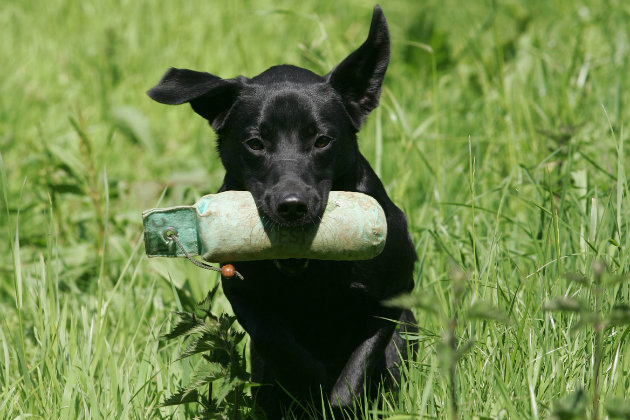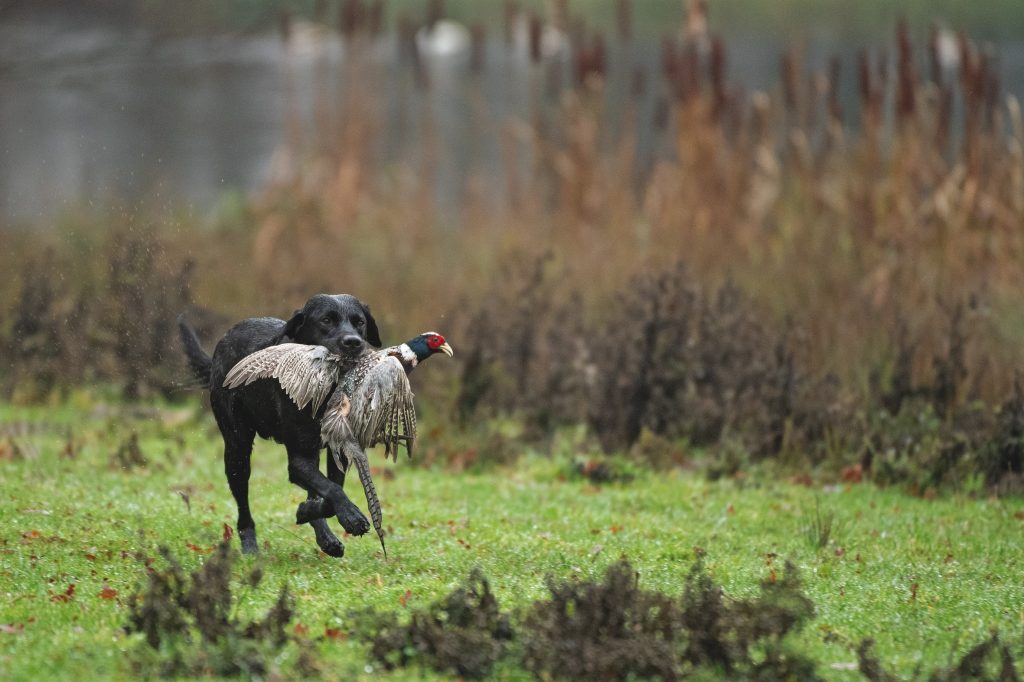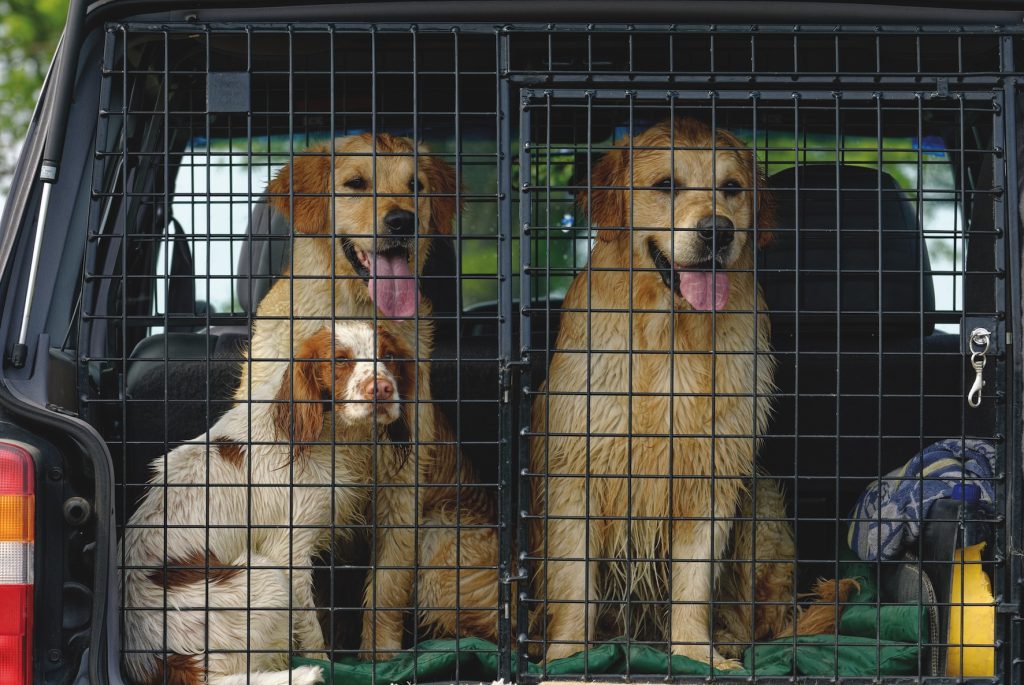I am about to buy an eight-week old gundog puppy and have been wondering whether I should take out insurance…
Win CENS ProFlex DX5 earplugs worth £1,149 – enter here
Why is my gundog puppy so noisy in training?
Gundog puppy: My four-month-old gundog puppy has become very noisy.
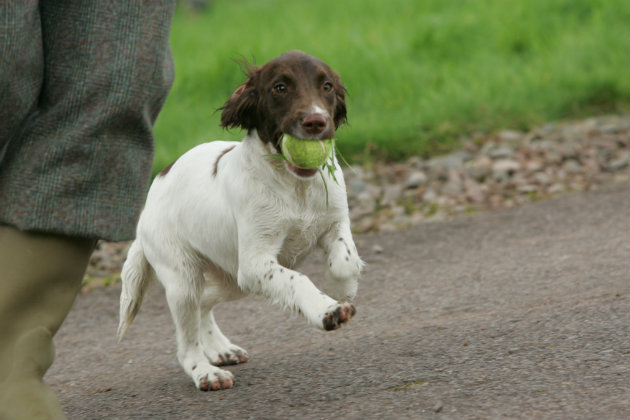
Q: My four month old gundog puppy barks for attention and has started to whine when I’m training him (I’m trying to make him sit and stay, and to be steady when I throw a dummy). This is the first dog I’ve trained and I was told to start the gundog training exercises as soon as possible because he was the biggest and most dominant pup in the litter. What can I do?
A: The sort of training you have embarked upon is too much, too soon. He may have been a boss pup amongst his siblings but trying to enforce your will at this very early stage is only going to backfire.
The most asked question is always “When do I start training?” There is no safe answer and those of us dealing with a steady stream of youngsters know how every gundog puppy is different and how each has to be dealt with as an individual.
Teaching a gundog puppy to respond and to react to you, to be biddable and to develop a bond with you is absolutely critical. These are the foundations of training that can begin at the earliest stages of a gundog puppy’s life.
Puppy won’t deliver dummy
A: This is an indication that he is being possessive and if this is allowed to continue with dummies it could have…
Let the pup be a pup
Abandon retrieving and any enforced sit and stay exercises for the time being. Take your gundog puppy out into the garden or into a place where the two of you can concentrate on each other and interact. He won’t think he’s being trained but this is how you start to build up his education and attentiveness.
Simply getting the gundog puppy to come the moment he is called, to follow you and even possibly to sit to the pip of the whistle is invaluable for future training. Most of all, you need the gundog puppy to listen and be watchful towards you. Instil these basics and you will have a gundog puppy that is keen and ready to move up to the next level when the time is right.
Just let the pup be a pup, but be mindful that he must start to respond to you in a very basic and simple way. His brain and ability to retain instructions will not be in a condition to start coping with even the most basic of gundog training until he is at least six months old.
Starting to bark for attention
Q: We have a five-month-old puppy that is starting to habitually bark for attention. We don’t want this to become a habit and have a noisy gundog puppy, do you have any advice on how to prevent it?
A: Dogs will usually bark for one of the following reasons; as a warning, when it is excited, as a form of attention-seeking, in response to anxiety and boredom, or finally as a social behaviour in response to other dogs. The puppy must learn when it is appropriate to bark and when it needs to be quiet.
- If your puppy is barking for no good reason and, as you say, simply in order to get your attention, start working on the problem as soon as you can. The longer you wait, the harder it will be to stop this behaviour.
- Give your puppy adequate interactive exercise so it has less pent-up energy. Avoid over-exercising a young dog; the aim is to simply burn off excess energy, not exhaust the puppy.
- Avoid leaving it alone for long periods of time. Train the puppy to be left for increasingly longer amounts of time; initially for very brief periods. Don’t increase the length of time you leave the puppy until it has learned to settle quietly for shorter periods.
- Never comfort or feed the puppy when it is barking for attention — this is rewarding unwanted behaviour. Don’t shout at it to stop barking, as this may cause it to bark even more. Try getting its attention with a clap or use the whistle. As soon as the puppy is quiet, redirect its attention to something productive and rewarding (like a toy) and after getting its attention, practise simple commands, such as “sit” or “down”, in order to shift its focus.
Related Articles
Get the latest news delivered direct to your door
Subscribe to Shooting Times & Country
Discover the ultimate companion for field sports enthusiasts with Shooting Times & Country Magazine, the UK’s leading weekly publication that has been at the forefront of shooting culture since 1882. Subscribers gain access to expert tips, comprehensive gear reviews, seasonal advice and a vibrant community of like-minded shooters.
Save on shop price when you subscribe with weekly issues featuring in-depth articles on gundog training, exclusive member offers and access to the digital back issue library. A Shooting Times & Country subscription is more than a magazine, don’t just read about the countryside; immerse yourself in its most authoritative and engaging publication.




